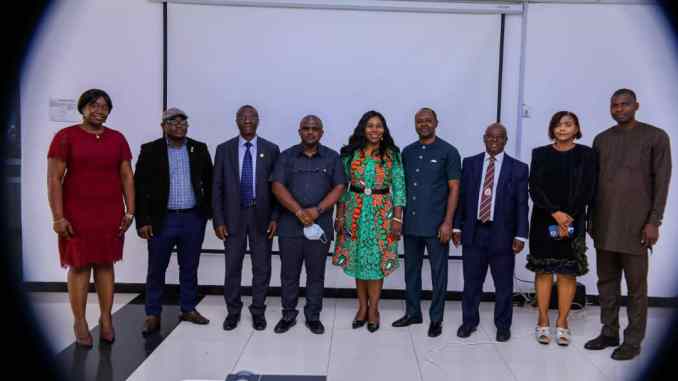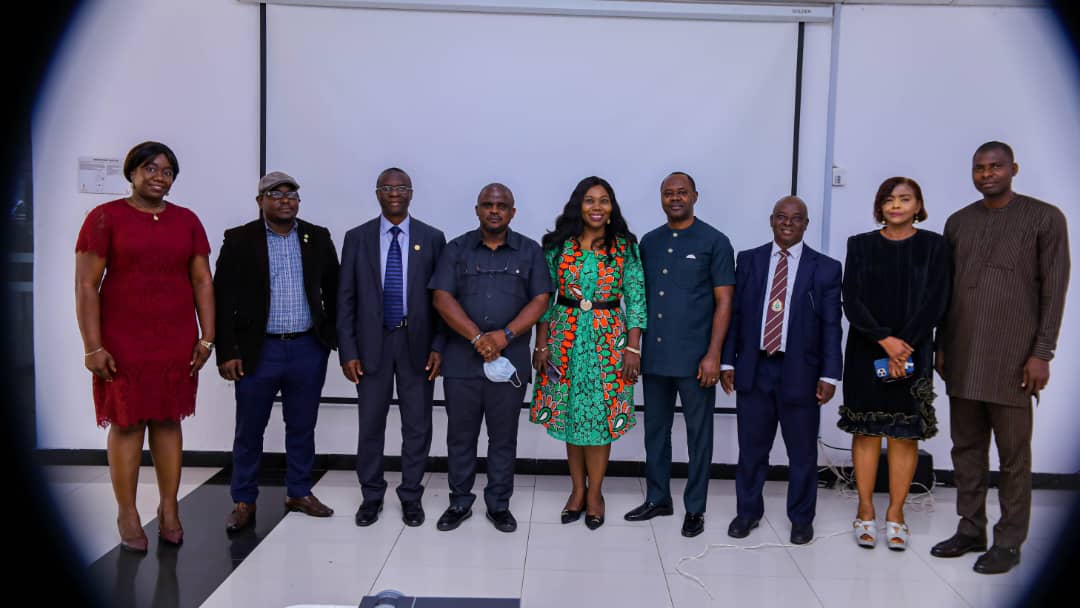
The President, Association of Radiation and Clinical Oncologist of Nigeria (ARCON), Dr. Nwamaka Lasebikan, has raised alarm over rising incidence of cancer and the poor treatment outcomes in the country.
Dr. Lasebikan spoke at the just concluded one day symposium, themed: “Optimising the Standard of Care for Breast Cancer in Nigeria” in Enugu state.
According to her, even with treatment, outcomes are poor and she attributed this in part to poor use of standardised evidence-based treatment options.
She harped on the need to close the care gap and generally improve both the quality of life and the clinical outcomes in patients with breast cancer through widespread adoption and implementation of the harmonised guideline to ensure that breast cancer care was optimal and standardised across Nigeria and Africa as a whole.
Reacting, the Consultant/Associate Director National Cancer Control Programme, Dr. Uchechukwu Nwokwu, who represented the Minister of Health, re-emphasised government’s commitment towards ensuring adequate access to standardised cancer care in the country through programmes such as the ongoing Cancer Health Funds, Cancer Access and Chemo Safe Policy.
He spoke on the need for the federal government to adopt the National Comprehensive Cancer Network (NCCN) harmonised guidelines and the need for healthcare workers to abide by it.
Stakeholders in attendance at the symposium were; the Minister of Health represented by Dr. Uchechukwu Emmanuel Nwokwu, Enugu State Commissioner for Health, Dr Ikechukwu Obi, National President of Nigerian Medical Association (NMA) represented by the Enugu State Chapter Chairman Dr Tony Onyia.
Others are the Chief Medical Director of University Teaching Hospital (UNTH) represented by Prof Val Ugwu, Medical Women Association of Nigeria (MWAN) Enugu State Chapter Dr. Ijeoma Obianyo, Consultant Radiologist, Prof Ifeoma Okoye, President-elect, West African College of Surgeons Prof. Emmanuel Ezeome amongst other professors and Oncology consultants.
The symposium featured several lectures from seasoned experts in oncology on topics such as “standardising breast cancer care through guideline adherence”.
Some predictive and prognostic biomarkers in decision-making for breast cancer were highlighted and there were also panel discussions by the UNTH Oncology Center on how to maximise the multidisciplinary team approach using a selected case presented.
Other activities at the symposium also featured a session which involved all participants to identify barriers and explore solutions to the poor adherence of NCCN harmonised guideline.
